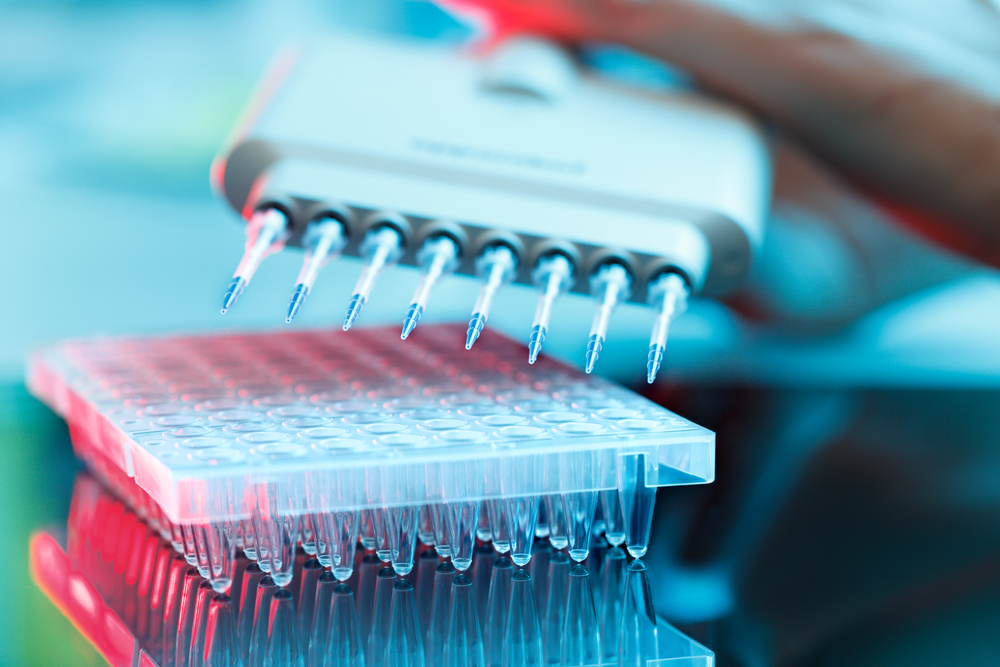FDA Clears IND Application for Micro-dystrophin Gene Therapy Program to Treat Duchenne
Written by |

The U.S. Food and Drug Administration (FDA) has cleared an investigational new drug application for a micro-dystrophin gene therapy program by Sarepta Therapeutics and Nationwide Children’s Hospital, in clinical development for Duchenne muscular dystrophy (DMD).
A Phase 1/2a clinical trial is now enrolling participants and should begin dosing later this month.
The study will assess the safety and tolerability of AAVrh74.MHCK7.micro-Dystrophin in DMD patients. The trial is also designed to evaluate biological activity and efficacy of the micro-dystrophin vector by seeing how it performs when replacing the missing muscle dystrophin in DMD.
Between 60 to 70 percent of Duchenne boys could be potential candidates for this treatment, since researchers are looking for patients with mutations between exons 18 and 58.
For the trial, 12 patients will be split into two groups to undergo gene transfer and establish maximum tolerated dose (MTD) avoiding toxicity. One group will include infants three months to three years of age with DMD; the second will boys 4 to 7 years old.
The principal investigators, Dr. Jerry Mendell and Louise Rodino-Klapac of Nationwide Children’s in Columbus, Ohio, will conduct the Phase 1/2a study. It’ll use a construct (MHCK7) developed by Mendell and Rodino-Klapac to enhance activity of the micro-dystrophin vector in DMD patients. The construct can be delivered to skeletal, diaphragm and cardiac muscles and has shown high levels of gene expression in preclinical studies. Micro-dystrophin expression will be measured at three months, via biopsy.
This is the first micro-dystrophin gene therapy program in development for DMD. If approved, Sarepta has the option to retain worldwide exclusive rights.
“This will be the first clinical trial for DMD to treat patients as young as three months old, and is an important step forward in our quest to diagnose patients through newborn screenings,” Mendell, who also heads the neuromuscular gene therapy program at Nationwide, said in a press release. “We are very encouraged by the promising preclinical results and are eager to complete enrollment.”
Added Rodino-Klapac, principal investigator at Nationwide’s Center for Gene Therapy: “With this clinical trial, we are laser-focused on giving each patient the best possible chance of a successful outcome. We are taking a novel approach to trial design. The use of potentially therapeutic doses is a critical part of our mission to arm our patients for their one shot at gene therapy.”
The clinical trial received $2.2 million in funding from Parent Project Muscular Dystrophy (PPMD). Recently, Sarepta and Nationwide announced the clearance of another IND application, regarding its GALGT2 gene therapy program for DMD.
“As the first systemic micro-dystrophin gene therapy program enters the clinic,” said Sarepta President and CEO Douglas Ingram, “we mark an important milestone in our journey to relentlessly pursue new therapies to treat DMD.”




